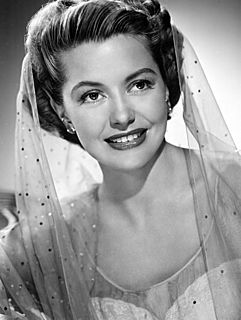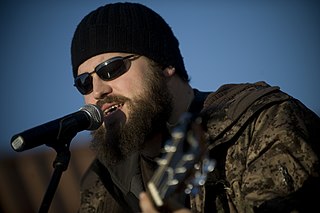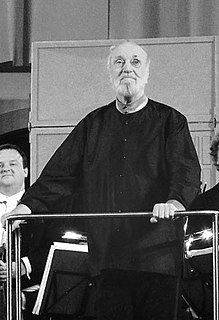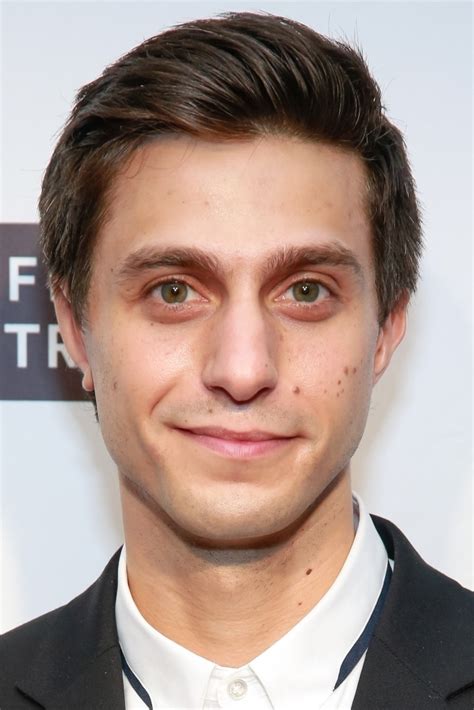A Quote by Simon McBurney
Most of what we say about ourselves is a wonderful piece of storytelling.
Related Quotes
I love storytelling. If you strip all the bits away, what you'll find at the center is a storyteller. As I warm to my career and love it more, I have a sense that storytelling is healing, in many ways. You can reach an audience and heal, and by heal, I mean entertain and provoke. It's a wonderful life.
I think we ripple on into others, just like a stone puts its ripples into a brook. That, for me, too, is a source of comfort. It kind of, in a sense, negates the sense of total oblivion. Some piece of ourselves, not necessarily our consciousness, but some piece of ourselves gets passed on and on and on.
I come from a little bit of a theatrical background. I started that way. I don't have a tremendous body of work or anything, but I went to drama school. And so, to get to do a piece where the characters get to talk a lot, and that isn't just about the spectacle or the set piece, or is simply visual or movement based. It was really wonderful for me, and juicy and exciting.




































